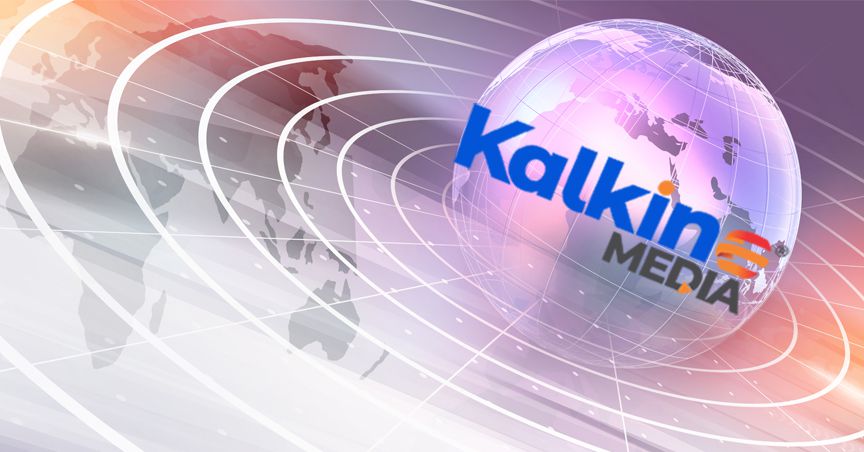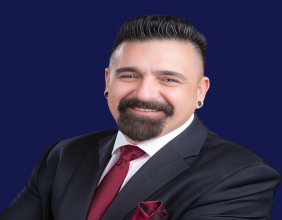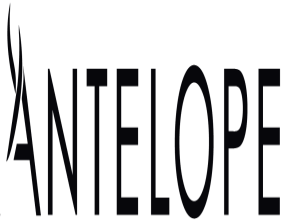Australia's online watchdog has written to Twitter's billionaire owner Elon Musk for safety assurances, warning the social network risks becoming a "dog's breakfast" after sweeping job cuts.
ESafety Commissioner Julie Inman Grant, who previously headed Twitter's public policy program in Australia and Southeast Asia, said she wrote to Mr Musk on Tuesday to ensure harmful material on the platform wouldn't go unchecked.
"When I was at Twitter, I saw the ways that harms manifested," she told a Senate estimates hearing.
"I also saw the ways that improvements could be made to safety.
"We need to know that we have people that we can interface with here and who are looking after Australians' concerns and providing those back to HQ."
Twitter laid off about half its staff worldwide on Friday after Mr Musk's $US44 billion ($A68 billion) takeover of the company, reportedly including the bulk of employees in its Australian government relations and several other divisions.
Ms Inman Grant said she was looking for assurances the social network would recognise local laws and respond quickly to any regulatory request despite the cuts.
She was also critical of changes to Twitter's blue-tick verification system, used by many public figures, official government accounts and journalists, which Mr Musk quickly moved to make a $US8 ($A12) per-month subscription service.
In response to questions from Greens senator Sarah Hanson-Young, Ms Inman Grant said the system was designed to protect people who were in the public eye, including from impersonators, but that justification was gone if it became a "pay-for-play proposition".
"Not only will it not provide those protections but I think (it can) open the platform up to much more malfeasance, impersonation and fake accounts and possibly with state-sponsored information operations as well," she said.
Ms Inman Grant said she was also looking for clarification that essential government services would be exempt from the subscription fee, warning Twitter would become "a total dog's breakfast" if impersonators became verified.
"This is what the problem is with culling half of Twitter's workforce - they had challenges keeping up with the volume before. What are they going to do now?" she said.
"Either people are going to have to do two or three people's jobs or things are going to inevitably fall between the cracks and I think that's a grave concern."




